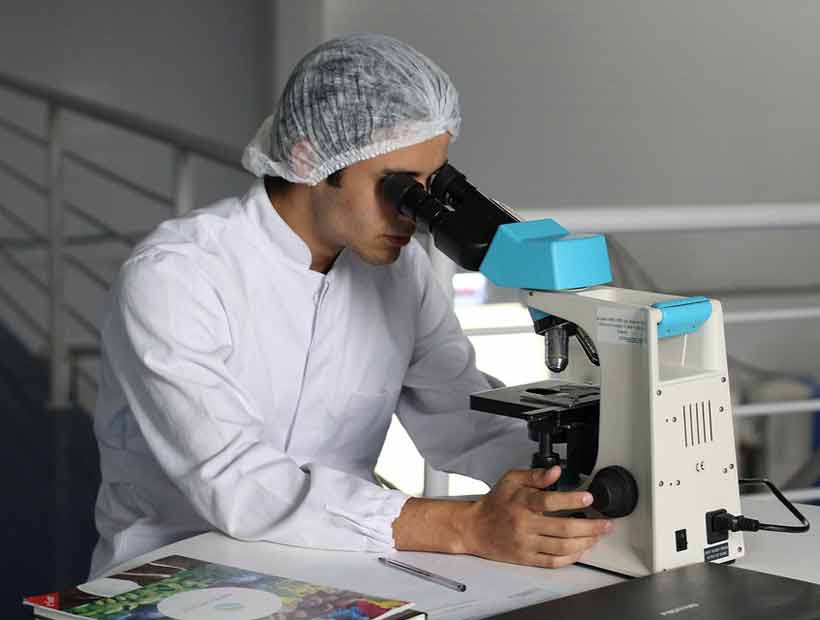
Israeli researchers have announced the discovery of the first animal on earth that appears to survive without the use of oxygen. The animal, Henneguya salminicola, is a tiny parasite comprised of less than 10 cells that are related to jellyfish. The study on the animals has been published in the scientific journal Proceedings of the National Academy of Sciences of the United States of America (PNAS).
Scientists at Tel Aviv University studying the parasite were surprised to discover it does not have the necessary systems to process oxygen. Specifically, its cells lack mitochondria – an organelle present in the cells of multi-cellular creatures that converts oxygen to adenosine triphosphate, the chemical energy needed to power the cell.
H. salminicola live inside salmon in an anaerobic, or oxygen-free, environment. When the host dies, spores are released that are consumed by worms (also hosts for the parasite). When salmon eat the worms, the parasite moves into their muscles causing white, oozing bubbles.
When researchers at TAU’s School of Zoology mapped the creatures’ genome, they found that it once possessed mitochondria. The presence of structures that resemble mitochondrial DNA suggests that the tiny parasites have undergone a process of de-evolution. TAU’s Prof. Dorothee Huchon, who led the study, commented, “Living in an oxygen-free environment, it has shed unnecessary genes responsible for aerobic respiration and become an even simpler organism.”
Some single-celled lifeforms that have evolved the ability to survive without oxygen also do not possess mitochondria. Instead of oxygen, they get their energy from molecules like mercury or iron or from fermentation. How H. salminicola generates energy is still unclear. Huchon believes that it could draw oxygen from the cells in salmon or evolved methods similar to those of unicellular organisms.
